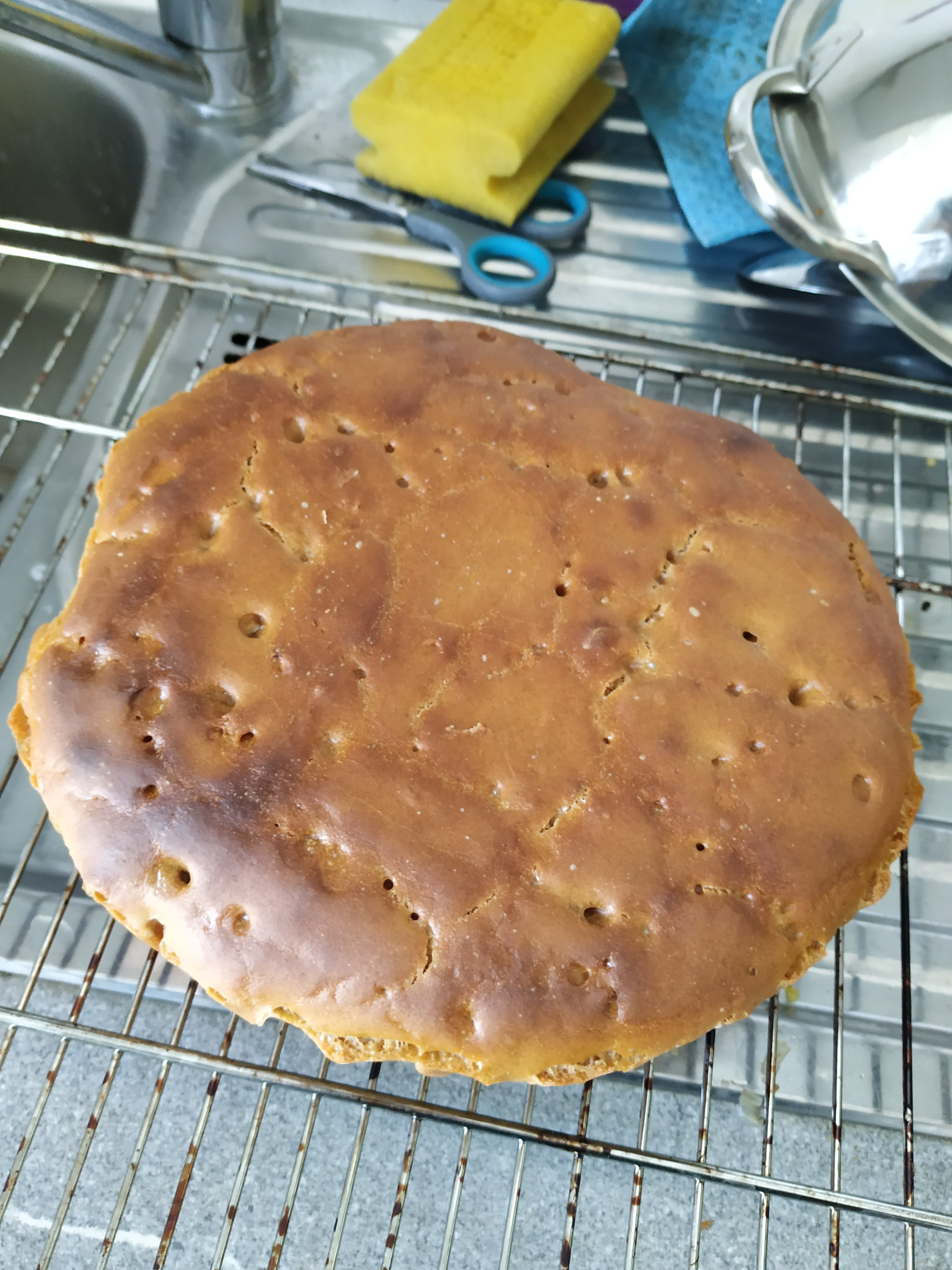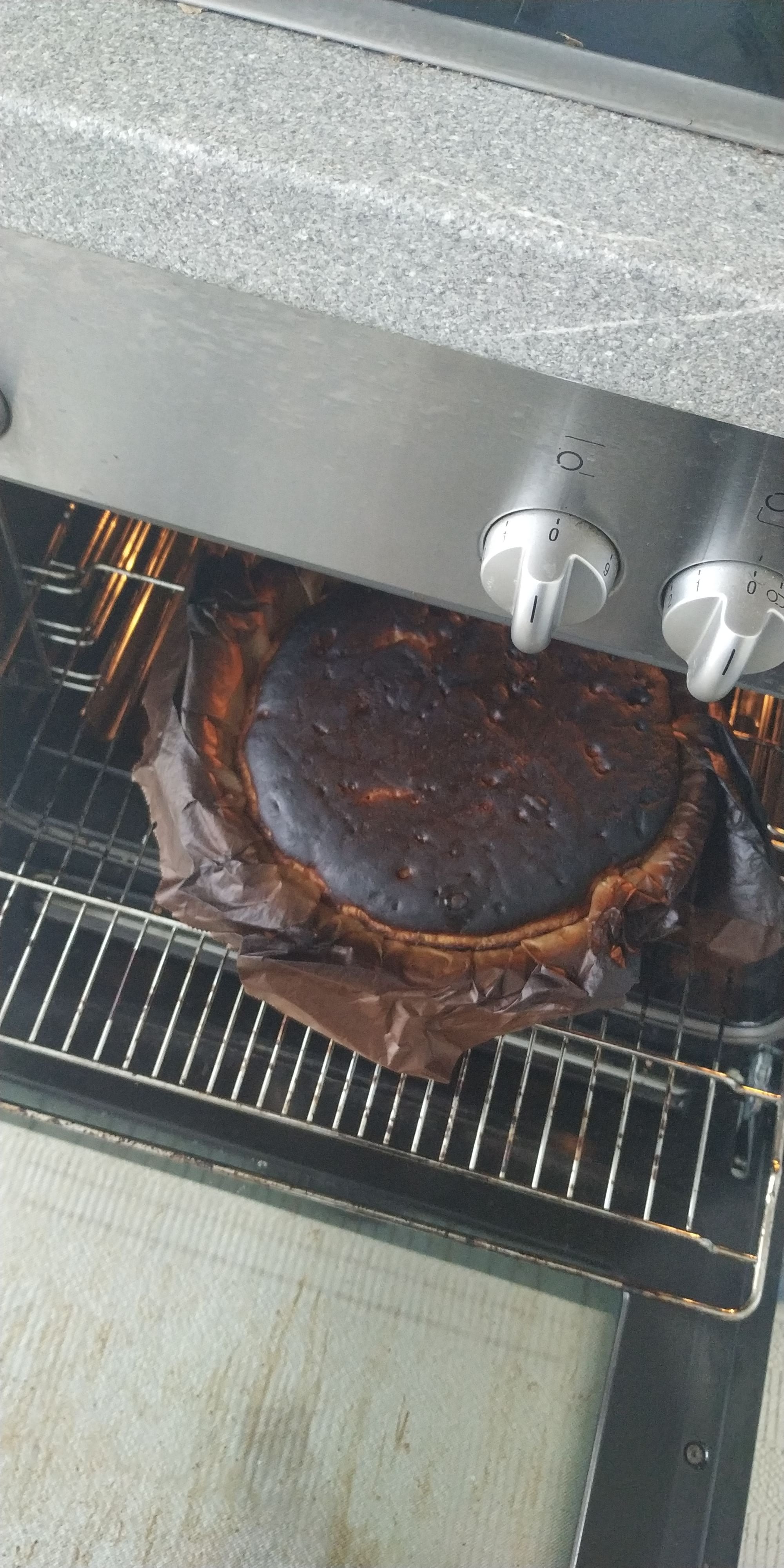That looks mighty tasty. Care to share the recipe.
It's at simple as it gets. 30% rye flour type 1150, rest spelt flour type 1150 or lower, a pinch of salt, water and spontaneously fermented sour dough. Preheat the oven to the maximum temperature, no air circulation mode, put the bread in (it needs at least a few hours to grow before baking), throw a cup of water in the oven floor, quickly close the door, after ten to twelve minutes, lower the temperature to 170 degrees and bake till finished, usually in total about 50 minutes, plus minus 15 minutes, depending on the size of the bread.
Real and wild sour dough is the crucial ingredient. Don't buy one, make your own. Take 80g of the above rye flour, add water till it has a pancake dough consistency, keep at room temp. Every 12h, stir it. Every 24h, add the same amount of flour and water to keep the consistency. It will smell sour or fruity or like glue after some time, also it gets bubbly. If it smells like puke, discard it, also if you see mold, then start again.
After about seven days, you get a healthy starter going. Mix it with your desired amount of flour for your first bread, get the consistency like you want to bake with. Keep it for about eight hours, or over night. After that, remove half a cup/one cup of it and store it in the fridge. That's for the next bread.
Bring the rest into bread shape or do it like me and use a nice metal bowl, put baking paper inside and the dough on top. Let it rise for a few hours. The first few times, the natural yeast might be a bit slow, so it might take 8 hours to rise, but this will speed up with each time you bake with it.
Next time, just use your remaining starter from the fridge to do the same again.
Sounds complicated, but it actually is not. I prepare it at night, put it into the form next morning and bake it when I'm home. I prefer 100% rye bread, as you don't need to knead rye flour dough. It also tastes better to my palate, but this is certainly a matter of personal taste.










































![Craft A Brew - Safale BE-256 Yeast - Fermentis - Belgian Ale Dry Yeast - For Belgian & Strong Ales - Ingredients for Home Brewing - Beer Making Supplies - [3 Pack]](https://m.media-amazon.com/images/I/51bcKEwQmWL._SL500_.jpg)
















